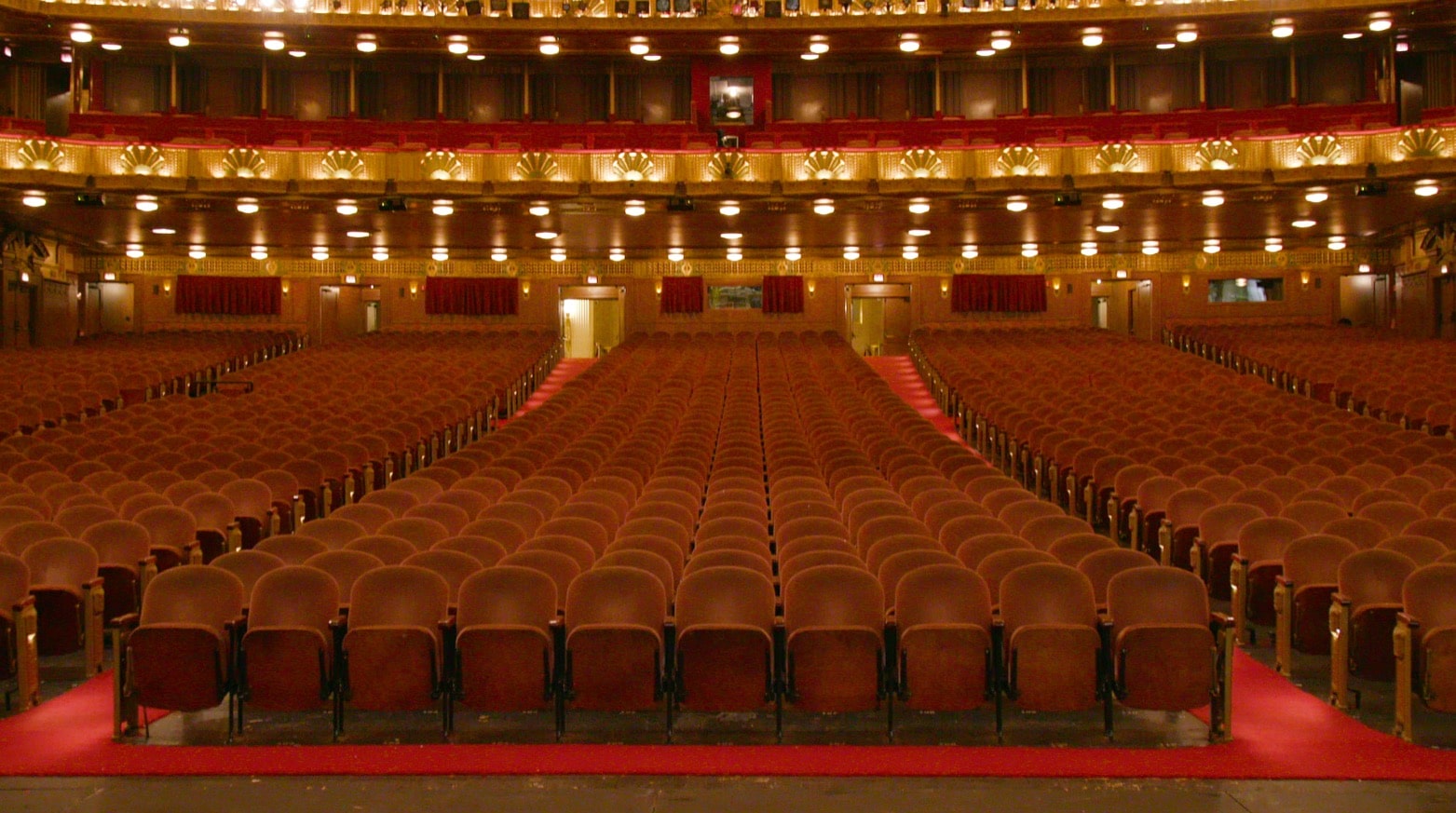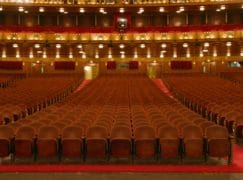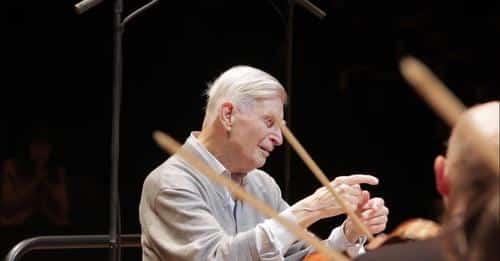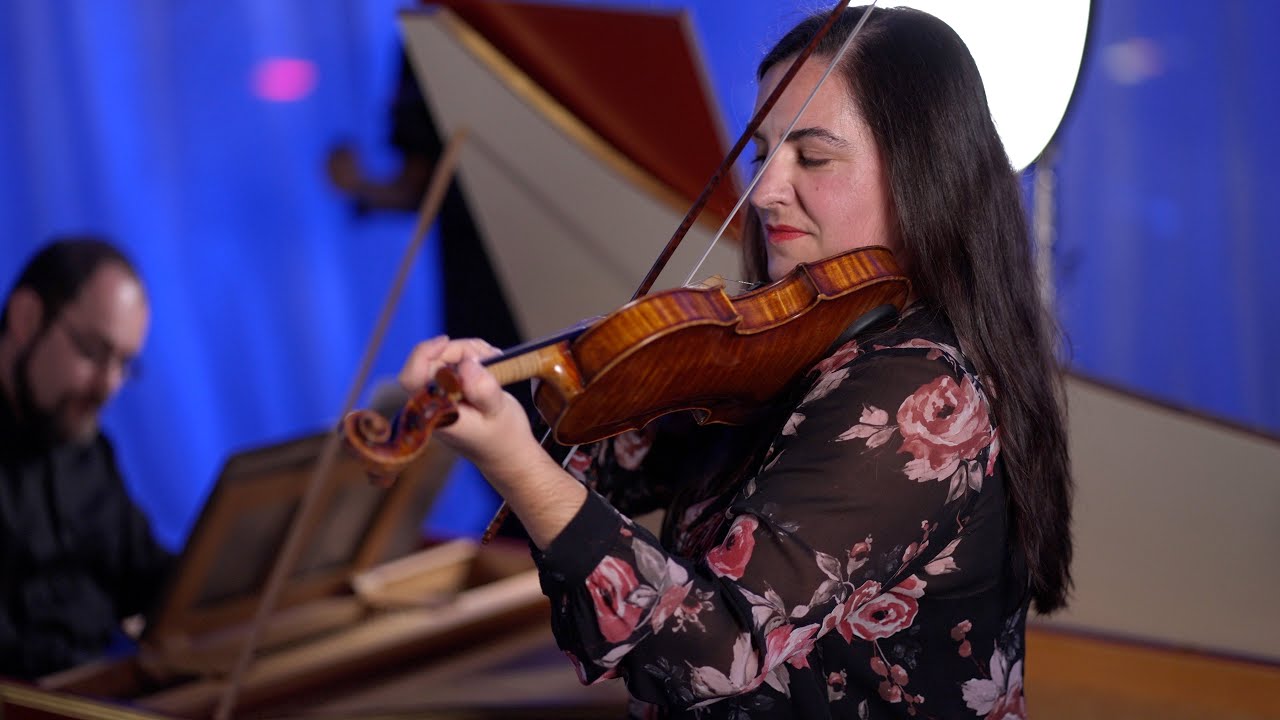How US newspapers distorted the Lyric Opera strike
mainProfessor Paul Elitzik has been analysing strike headlines in the NY Times, WashPo, Chicago Tribune and other newspapers. Almost all make it appear as if the musicians are directly responsible for placing the opera season at risk, rather than the intransigence or incompetence of their employers.
Here’s the opening set of heads:
Chicago Lyric Opera Musicians Walk Out as Season Opens (NY Times)
Lyric Opera musicians go on strike, threatening opera season (Washington Post and Washington Times, both using AP)
Musicians strike silences opening notes of Lyric Opera season (Chicago Sun-Times)
“Declining audiences, subscription revenues lead to Lyric Opera strike” (Chicago Tribune)
All but the last could have been dictated by the LYric board.
Read Elitzik’s analysis here.
Really thoughtful stuff.







Meh … I’m a journo of 30+ years and quite comfortable criticizing or praising colleagues when appropriate. But there is simply not much here, other than an historic retelling of some previous labor negotiations — a worthy endeavor but hardly a critique of the reportage on the current situation in Chicago. Further, the “bias” involves almost solely the stories’ headlines. Hed-writing has gotten pretty bad for a variety of reasons, but I find these pretty inoffensive. The Trib hed can be seen as biased only if one believes the word “strike” to be pejorative, which clearly it is not. As for other heds, yes, they put the spotlight on the calling of a strike but appropriately so as that is the spot news hook that the articles are hung on. If that’s inconvenient for those calling the strike they are free to consider the consumer viewpoint when strategizing vs. management. For what it’s worth, whether in the world of arts or, say, professional sports, I suspect the typical consumer mindset is “a plague on both their houses.” with regard to the respective bargaining positions.
As headlines go, I find those pretty neutral. The first two simply state the facts, ma’am as — was it the New Yorker? — used to always enjoin. So does the third, but the slightly poetical phrasing introduces an emotional element, by inference sympathetic to the suffering audience and by implication putting that on the orchestra. The fourth introduces analysis, which presumably is the nub of the following story, and I can find a hint of lining up with the orchestra in it.
Headline writing is a tough job that few bother to do well, presumably because their superiors don’t much care. Many years ago I worked for the Asian Wall Street Journal, which did care, and it was under a very rigorous set of rules, which began (you would think, well, obviously, but in MY 30+ years as a journalist I did not find it to be so in the west) with reading the article and ended with various rules on the amount of space that could be left on the second line of a header.
As a journo, I wrote under headlines that suggested the writer had perhaps read the first sentence and not understanding it blasted ahead anyway. And other, even more grievous, offences.
Still, I think SD calling out headline writers is a bit of a pot and kettle situation: there have been many sensationalistic headers here which others have accused of being clickbait. I can get over them — too often having been under them! — but there have also, more often than I would wish, have been misleading ones, again suggesting the heqadline writer had either not read the complete story or had entirely misunderstood it, probably by skimming it too fast.
“Just the facts, ma’am” is Sgt, Joe Friday’s line from Dragnet. Maybe after his life as an imaginary L.A. police detective he went to work for the New Yorker.
“Four Lyric Players Left High and Dry by New 11th Hour Contract, Season Slashed, Angry Mobs Rampant in City*”
You mean a title like that, maybe?
_____
* Only it turns out the mob/riot that happened in the city had nothing to do with the Lyric strike. {;-)
When I lived in NYC in the 80s, the only time the New York Times gave any news coverage to the New York Philharmonic was when there was a strike or something related to finances. When I arrived in Philadelphia, it was the complete opposite. Opening night of the Philadelphia Orchestra drew all the local media, including tv news. That was impressive.
Either a walk out or a lock out results in a work stoppage. They walked out. The headlines are accurate.